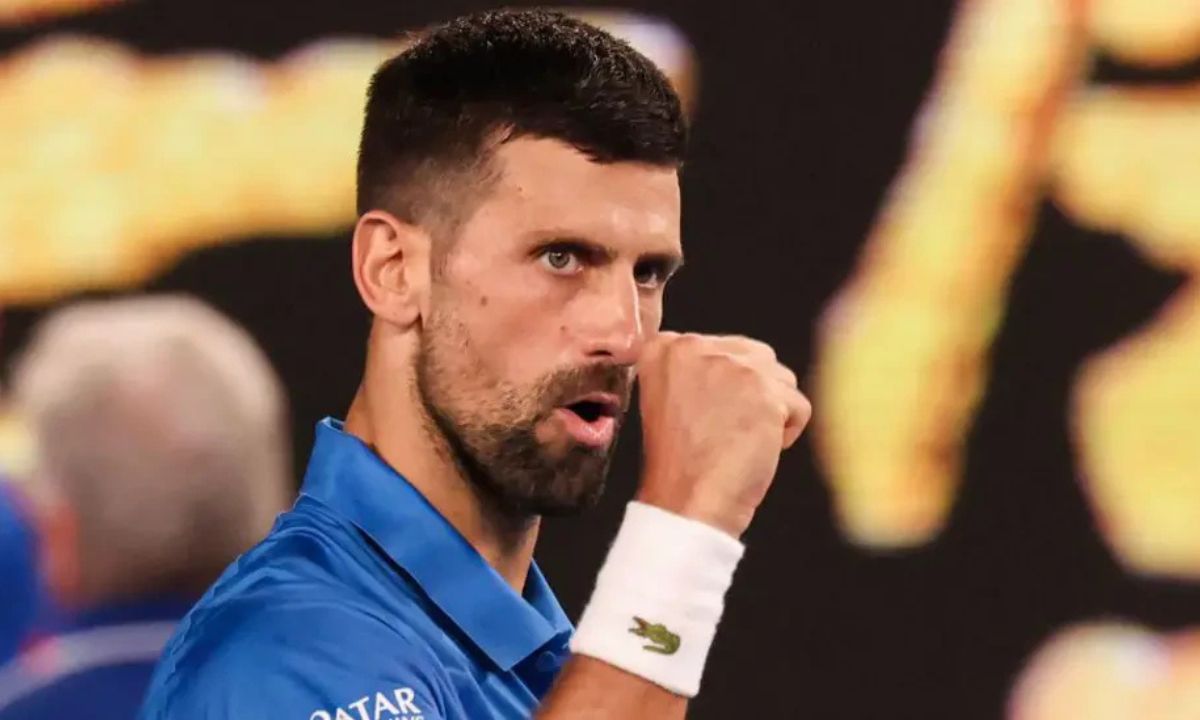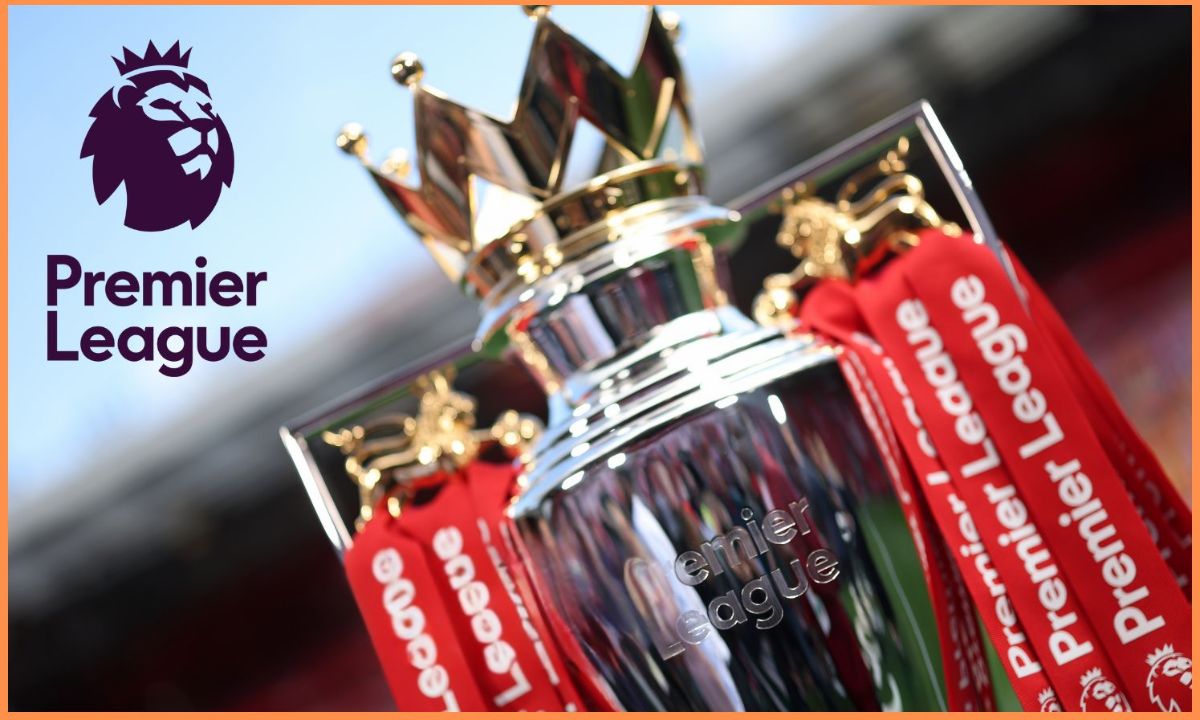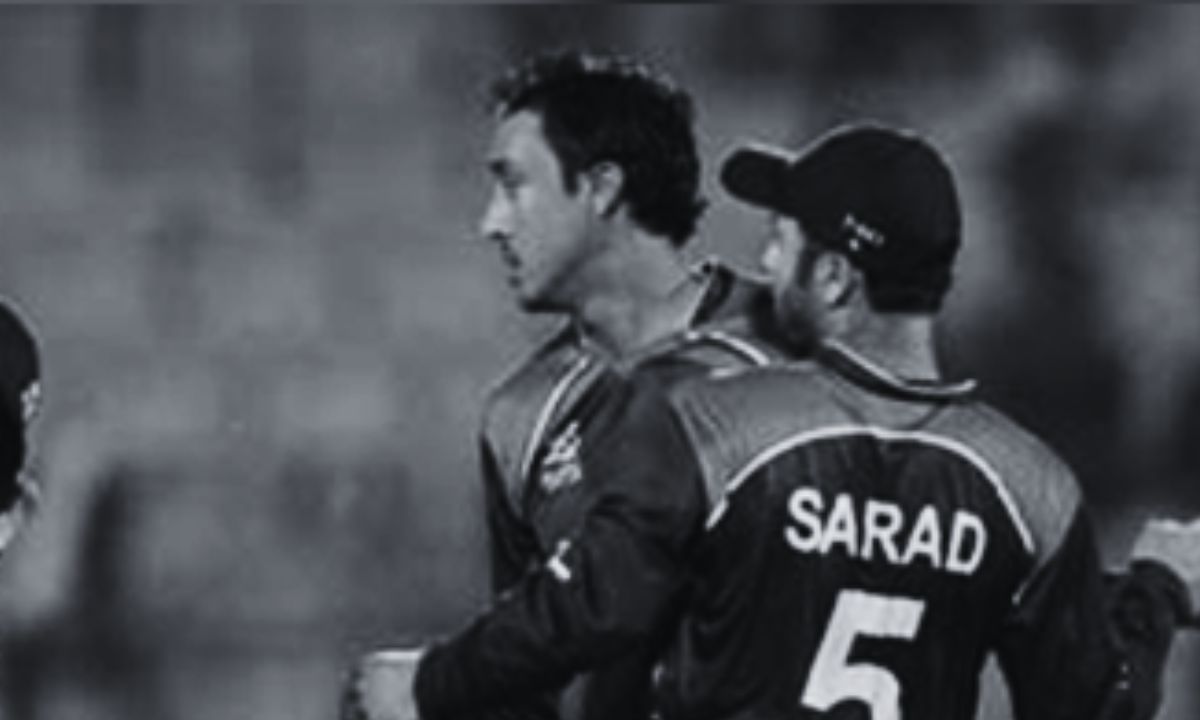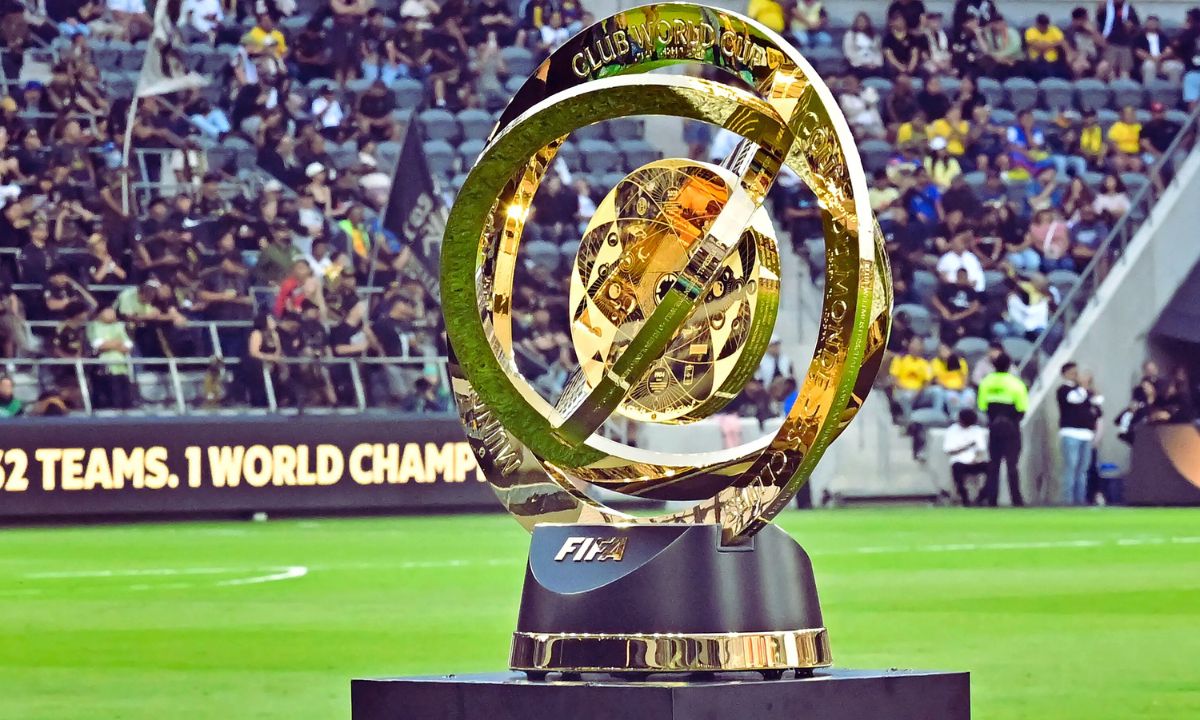Novak Djokovic has voiced strong concerns over the integrity of tennis’ anti-doping system, stating that a majority of players have lost trust in the World Anti-Doping Agency (WADA) and the International Tennis Integrity Agency (ITIA). His remarks come in response to Jannik Sinner’s three-month ban, which many believe reflects favoritism toward top players.
The 24-time Grand Slam champion urged authorities to reform the current anti-doping framework, arguing that “the system and the structure obviously don’t work.” Speaking at the Qatar Open, Djokovic highlighted growing dissatisfaction among both male and female players regarding how doping cases are handled.
Sinner’s Controversial Ban
Sinner, who had tested positive for trace amounts of Clostebol in March 2023, reached an agreement with WADA to serve a three-month suspension, allowing him to return in time for the French Open in May. The ITIA had initially opted not to suspend him, citing accidental contamination from a trainer who used the substance after cutting his finger.
The case has drawn widespread criticism, with many questioning why Sinner’s penalty was significantly shorter than those of other athletes in similar situations. His suspension was only made public in August—months after he had already won the U.S. Open in September and the Australian Open in January.
Concerns Over Inconsistencies
Djokovic also pointed to Iga Swiatek’s case, where the Polish star accepted a one-month ban in November after testing positive for a banned substance due to contaminated medication. The Serbian star emphasized that such leniency contrasts sharply with the harsher punishments given to players like Simona Halep and Tara Moore.
Halep initially received a four-year ban in 2022, later reduced to nine months, while Moore was sidelined for 18 months before an independent tribunal cleared her due to meat contamination.
Players Demand Change
Djokovic made it clear that his frustration isn’t directed at Sinner or Swiatek personally but rather at the system’s inconsistent approach to doping violations. He warned that players with access to top legal teams seem to have an advantage, further eroding trust in the governing bodies.
“There’s a majority of players who don’t feel that it’s fair,” Djokovic stated. “A majority of players feel like favoritism is happening. It appears that you can almost affect the outcome if you are a top player and have access to top lawyers.”
With growing concerns over transparency and fairness, Djokovic called on tennis’ governing bodies to unite and establish a more reliable and effective anti-doping process.
“Right now, it’s the right time for us to really address the system,” he concluded. “I hope that in the near future, the tennis ecosystem will come together to find a better way to deal with these cases.”








